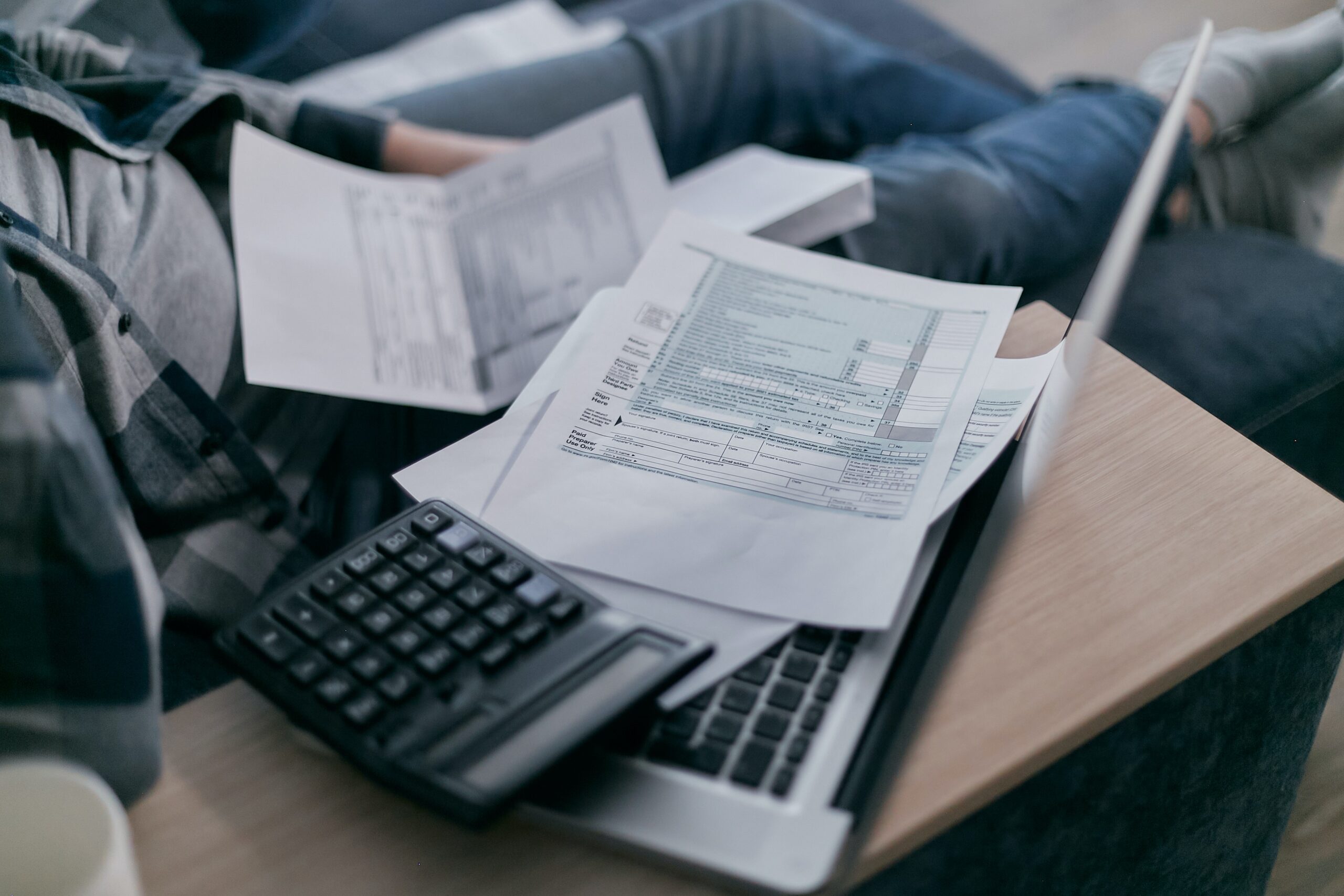Whilst the term ‘bankruptcy’ carries with it a lot of negative connotations and is often referred to as being a last resort, it can often be the best option for people facing unavoidable personal insolvency. It is a legal process, similar to but not to be confused with insolvency, through which individuals can seek relief from some or all of the debts that they cannot afford to pay. If you have debts that you are unlikely to repay in a reasonable amount of time, then you may be considering the best options for you and it’s important to seek bankruptcy advice. Taking the initiative to file for bankruptcy does not change the overall process or subsequent financial restrictions, but it is often better to file yourself before a court order can be issued by a debtor. Read on to explore the pros and cons of bankruptcies to learn if this is the best option for you.
What is Bankruptcy?
Bankruptcy is the process of writing off all unpaid debts, allowing you a fresh financial start after a period of time that usually lasts for 12 months. During this time, the majority of your creditors will be unable to take you to court over your unpaid debts as they will be settled through the division of your assets.
As is the case with any legal proceeding, there are a range of pros and cons of bankruptcies, and it is advisable to be fully aware of all of them before considering filing for voluntary bankruptcy.
The Pros
- The key benefit of bankruptcy is the writing off of all your unsecured debts.
- Whilst the process is underway, you are protected against legal action against you to recover your debts, as well as any extra interest rates.
- Your creditors will be unable to contact you, offering you invaluable peace of mind and reassurance during a stressful and troubling time.
- Most pension schemes cannot be claimed as part of proceedings, meaning that your pension is safeguarded against the possibility of being distributed to settle your debts.
The Cons
- It is important to understand that bankruptcy does not offer you funds or assistance to pay off your debts. The bankruptcy process shares your assets amongst your creditors, meaning that your home, vehicle, bank account and personal possessions can be repurposed to repay your debt.
- If you work in the financial or legal sector, filing for bankruptcy can negatively affect your career. Similarly, if you are self-employed or own a business, your business will be closed and any business assets will be claimed by the trustee.
- Your bankruptcy status will have a negative impact on your credit file, as well as appearing on your file for six years after bankruptcy.
- Your name and details of your bankruptcy will be recorded on a public register.
- Whilst bankruptcy covers the majority of your debts, some debts such as child support, criminal charges and student loan debts will remain your responsibility after you have been declared bankrupt.
When is Bankruptcy the best option for me?
If your assets are worth less than your debts, and you are unable to pay your debts in full and on time, then considering declaring voluntary bankruptcy is an advisable option. Bankruptcy offers individuals the chance to quickly and comprehensively pay off their debts in one go across a designated period of time, meaning that they can start again once the bankruptcy has ended. For many, this process is the best way to get their lives back on track and to draw a line under a period of intense financial stress and insecurity.
Bankruptcy advice
Bankruptcy is the best option for many individuals facing extreme debt; however, it is not the only option. If you are experiencing financial hardship, BEACON offers a range of personal insolvency solutions, including Debt Management Plans, Debt Relief Orders and Individual Voluntary Arrangements. Get in touch with their team today for a free consultation to help you understand your options and decide whether bankruptcy is the best option for you.
